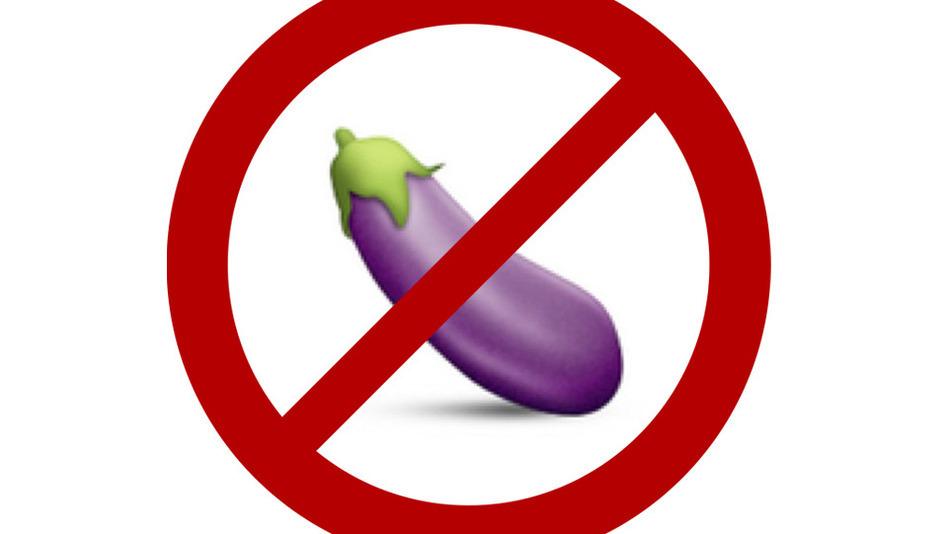Trending
Opinion: How will Project 2025 impact game developers?
The Heritage Foundation's manifesto for the possible next administration could do great harm to many, including large portions of the game development community.
Indie game hosting site Game Jolt has caused a stir on game dev social media with a sudden about-face with its 'adult' content policies.

The topic of adult content in video games has always been a battleground, and in the digital age, the setting for that discussion often revolves around digital platforms, both in how content is approved, filtered, and monetized, and whether or not it will be allowed on that platform at all.
In the past, this controversy pivoted around sites like Tumblr, who famously tanked their own site by banning pornographic content in 2018, and OnlyFans, who nearly suffered the same fate this past August, before reversing the decision after user backlash.
This week, entering the fray is indie game hosting site Game Jolt, who over the past few days has caused a stir on social media with an abrupt ban on games with adult content, and the ham-fisted manner in which it announced and justified the sudden move to its user base.
The site, founded by a married couple and operating out of Seattle, WA, has been offering a platform for indie games distribution since its launch in 2008 and in recent years has expanded to a social community platform. This past week, users received an email from the company stating that they’d "made the decision to no longer allow content that depicts, solicits, promotes, normalizes, or glorifies sexual acts, sexual solicitation, and sexual violence," with qualifying content removed from the site immediately.
"Qualifying content," in this case, includes games that are not directly pornographic or sexual in nature (such as Curtain, a game about abusive relationships), which has led some to speculate that the wide-sweeping ban was implemented through the site’s genre tags, as opposed to a thoughtful human-directed approach.
Facing heavy pushback on social media, Game Jolt has stated that the removal of sexual content from the site was done in the interest of their young userbase, saying its "large audience of 13-16 year olds" has been "vocal about not wanting this content on their platform." They’ve also since sent out an additional email, apologizing to users for their initial handling of the issue, promising to reconsider games that were inappropriately flagged, and granting a seven-day grace period on the site to give creators a chance to migrate their work elsewhere.
But as some (like VICE’s Patrick Klepek) have pointed out, Game Jolt in recent months has received $2.6 million from investors leading up to its social app’s official debut on Google and Apple platforms, leading others to question whether the move is more about potential backlash from credit card issuers like Visa and MasterCard than sincere content policies.
Whatever the case, Game Jolt is now openly encouraging its users to migrate to a competitor, Itch.io, if they wish to release or consume games with sexual themes, suggesting that whatever the motivation, Game Jolt is now deeply committed to this policy.
You May Also Like